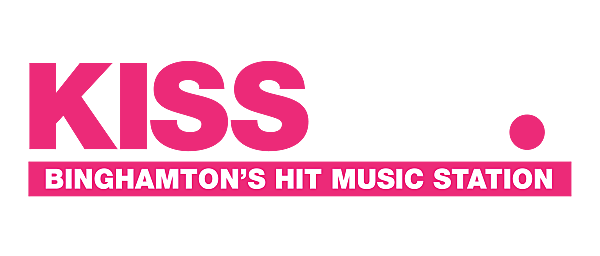
Abandoned with Rich Styles – Catskill Game Farm
We’re taking to the road to check out all the places that are left to let nature take over. Abandoned places, buildings and towns. Places that were familiar and some you may not know about. In this installment of Abandoned, we travel back in time to The Catskill Game Farm. A place I knew and loved as a child and you probably did, too! If you have any pictures from the Catskill Game Farm you’d like to share, PLEASE send them to me via EMAIL or just comment them on the accompanying Facebook post!
The Catskill Game Farm was opened in 1933 by Roland Lindemann and was passed down through the generations of the Lindemann family, as Catskill Game Farm Inc., at the time of its closing. At first, it held only deer, donkeys, and sheep. In 1958, the United States Department of Agriculture recognized Catskill Game Farm as a zoo. It then became the first privately-owned venture to achieve such status. The collection of animals was then allowed to grow more exotic, and at the time of its closing, it hosted roughly 2,000 animals representing over 150 species, imported from around the world.
The zoo spanned more than 914 acres, most of which was used to breed animals for other zoos worldwide. Only about 136 acres was available to the public and only in the summer and fall.
On August 2, 2006, the Catskill Game Farm announced that it would be closing on Columbus Day of that year, ending its 73 year run. Its owners attributed the closing to mounting financial difficulties, dropping attendance, and legal regulations leading to the shutdown of its Splashdown attraction — though Splashdown itself never violated regulations.
The auction was organized and conducted by Norton Auctioneers of Michigan, Inc., a worldwide auction group based in Coldwater, Michigan. Norton’s is known for auctions of tourist attractions of every shape and kind – amusement parks, carnivals, carousels, family entertainment centers, museums, zoos, and unique collections.
The two-day Catskill auction attracted over 1,000 potential bidders from across the nation, Canada, and Mexico. Selling the first day were the amusement park rides, restaurants, gift shops, and related items, and on the second day over 900 animals, vehicles, and farm and construction equipment.
A 1951 Herschell Merry-go-Round with aluminum horses sold for $39,500; a Venture Lady Bug ride sold for $8,800; a Kiddy Helicopter for $7,000; a Kiddy Car Ride for $8,300; and a Venture Himalaya for $7,700. Additionally, over $12,000 worth of picnic tables and benches were sold.
Animal highlights included the sale of two rhinos, for $6,000 and $9,250, to an organization that placed them for the International Rhino Association. 10 alligators for $1,350; a female warthog astonished animal dealers as she sold for $9,900.
The most interesting story is of a southern white rhino named “Boom Boom” who was bought by Marc Ecko, the founder of the rhino branded Ecko apparel line, for the Out Of Africa Wild Animal Park in Camp Verde, Arizona. “Boom Boom” died on Thursday, March 22, 2012, at the age of 41, from cancer.
[Via: Wiki]
In case you missed the previous episode of Abandoned, Here it is below!
More From KISS 104.1









